| Nutrition Facts: |
Locust bean powder, also known as carob gum or locust bean gum, is derived from the seeds of the carob tree (Ceratonia siliqua). It's commonly used as a thickening agent in food products, but it also has nutritional value. Here's a general breakdown of the nutrition facts for locust bean powder per 100 grams:
Calories: ~335 kcal
Protein: ~5-7 grams
Fat: ~0.7 grams
Carbohydrates: ~85-90 grams
Dietary Fiber: ~75-80 grams
Sugars: ~1-2 grams
Calcium: ~300-350 mg (a significant source of calcium)
Iron: ~2-3 mg
Magnesium: ~50-60 mg
Potassium: ~800-900 mg
Phosphorus: ~100-150 mg
Key Points:
High in Fiber: Locust bean powder is particularly rich in dietary fiber, which is beneficial for digestive health.
Low in Fat: It has minimal fat content, making it a low-fat option for thickening and stabilizing foods.
Natural Sweetness: Although not sweet like sugar, it contains a small amount of natural sugars.
Source of Minerals: It's a good source of calcium, potassium, and other essential minerals.
These values can vary slightly depending on the specific processing and brand, but this gives a general overview of its nutritional profile.
|
| Benefits: |
Locust bean powder, derived from the seeds of the carob tree (also known as carob gum or carob bean gum), has several versatile daily uses. Here are some of its best applications:
1. Thickening Agent
In Cooking and Baking: Locust bean powder is an excellent natural thickener, often used in soups, stews, sauces, and gravies. It provides a creamy texture without adding significant flavor, making it ideal for thickening dishes.
In Baking: It can be used in gluten-free baking to improve the texture of bread, cakes, and pastries.
2. Stabilizer in Food Products
Dairy Products: Commonly used in yogurt, ice cream, and cheese to prevent separation and improve consistency. It helps maintain the smooth texture of these products.
Plant-Based Alternatives: In vegan or plant-based foods, such as almond or soy milk, locust bean powder can enhance the creaminess and stability of the product.
3. Natural Sweetener Alternative
In Smoothies and Desserts: Locust bean powder can be added to smoothies, shakes, or homemade desserts as a natural sweetener alternative with a subtle, sweet flavor. It’s lower in sugar compared to other sweeteners, making it a healthier option.
4. Dietary Fiber
As a Fiber Supplement: Locust bean powder is high in soluble fiber, which can aid digestion and promote gut health. You can add it to your morning smoothie, oatmeal, or sprinkle it on top of yogurt for a fiber boost.
5. Gelling Agent
In Jams and Jellies: It’s often used in making jams, jellies, and marmalades, where it acts as a natural gelling agent, providing the desired consistency without the need for artificial additives.
6. Low-Calorie Ingredient
In Weight Management Diets: Since locust bean powder is low in calories and high in fiber, it can be used in various recipes to help manage weight. It can add bulk to meals without adding significant calories.
7. Cosmetic Uses
In Skincare: Locust bean powder can be used in DIY skincare recipes, like masks or exfoliants, to benefit from its natural thickening and soothing properties.
By incorporating locust bean powder into your daily routine, you can enhance the texture, stability, and nutritional value of various foods and beverages while benefiting from its natural properties.
|

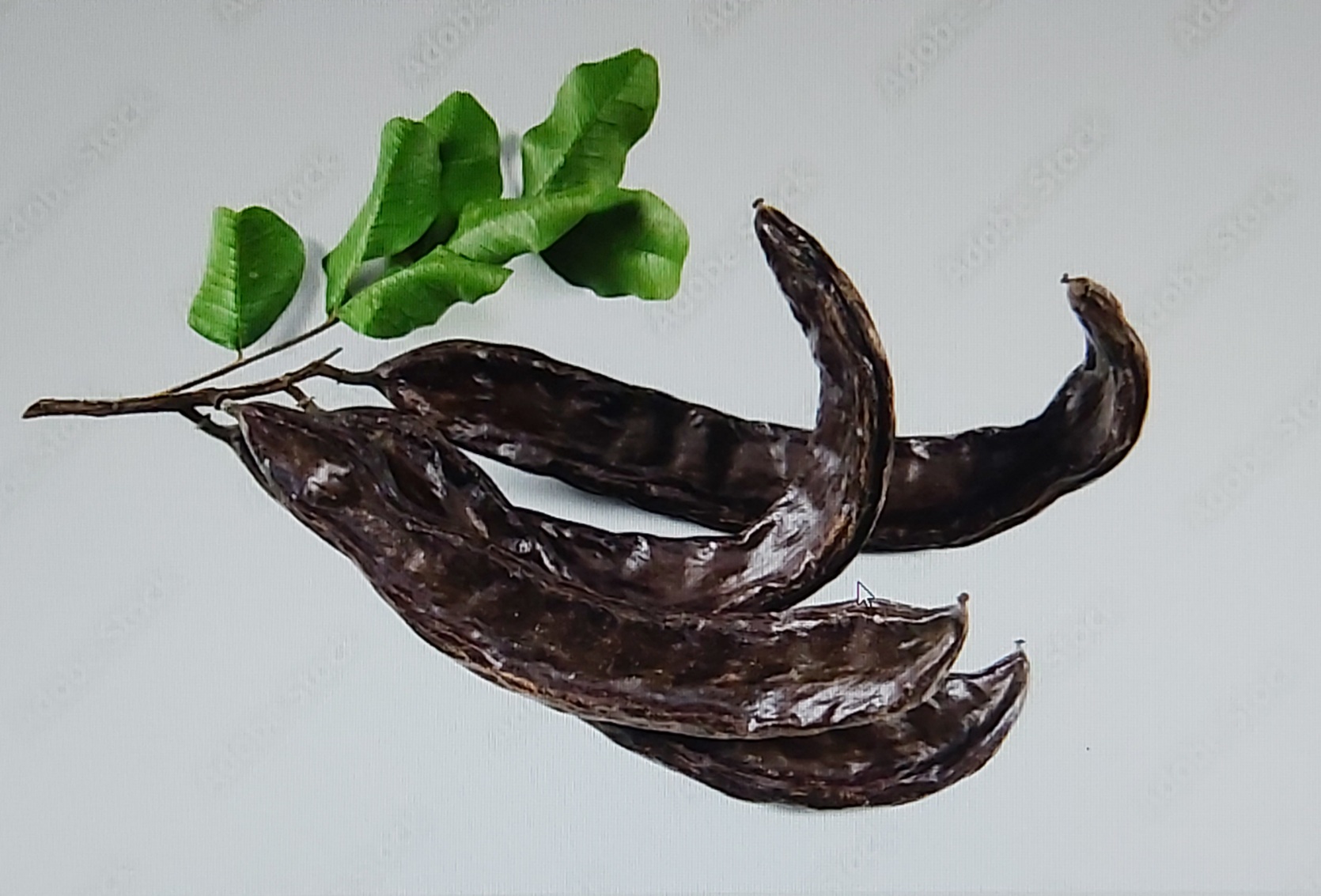
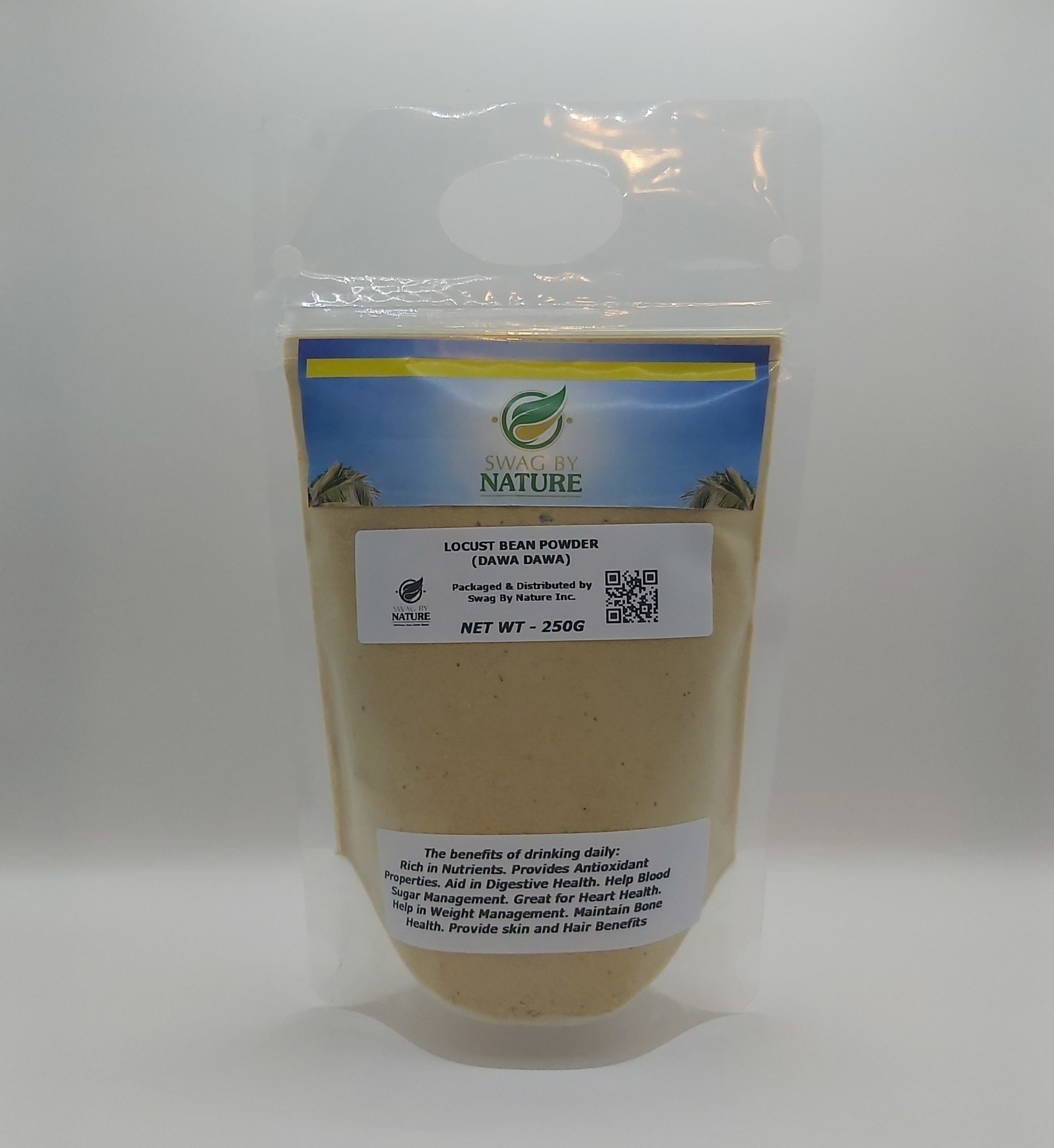
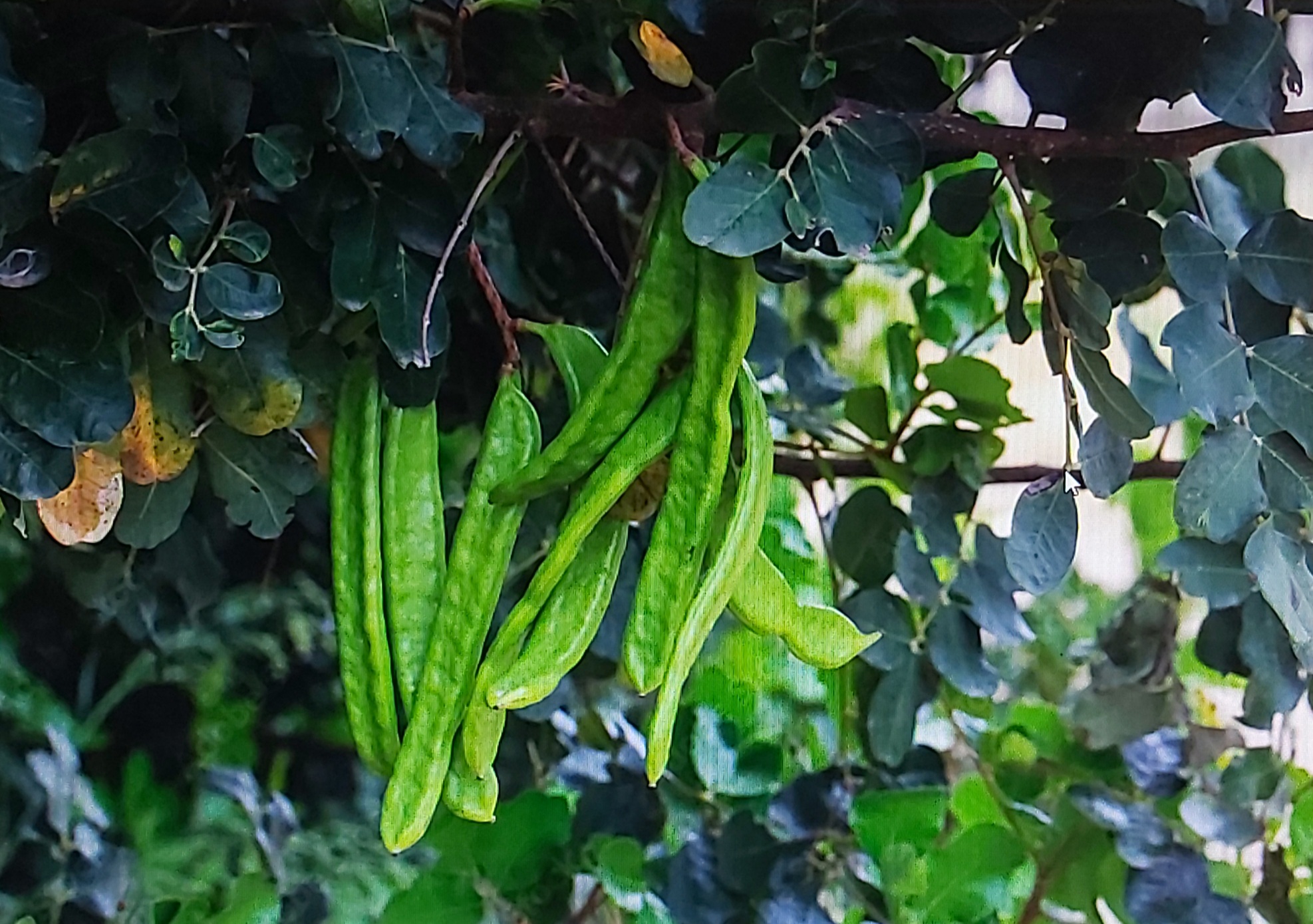
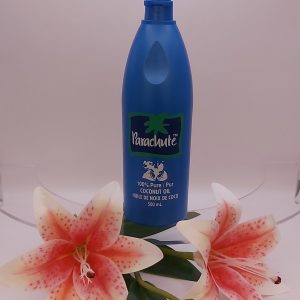

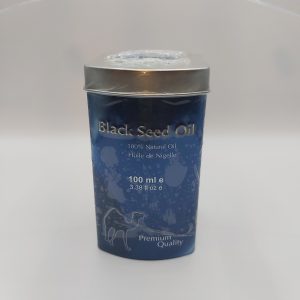
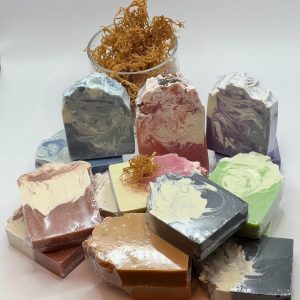
Reviews
There are no reviews yet.